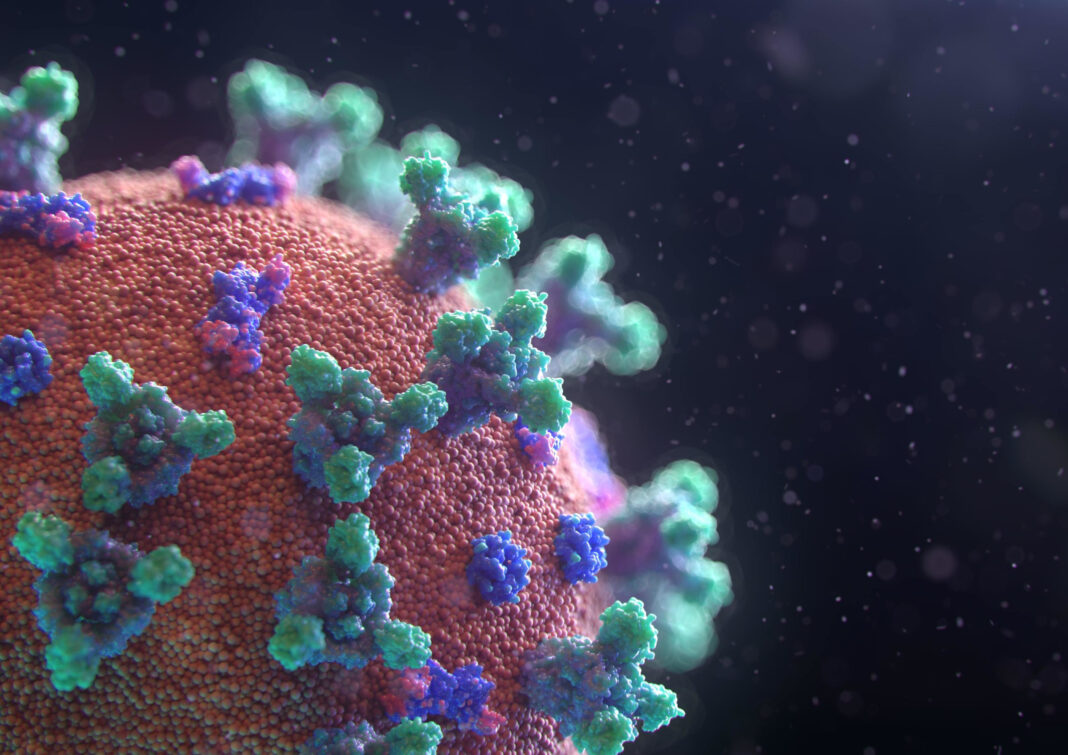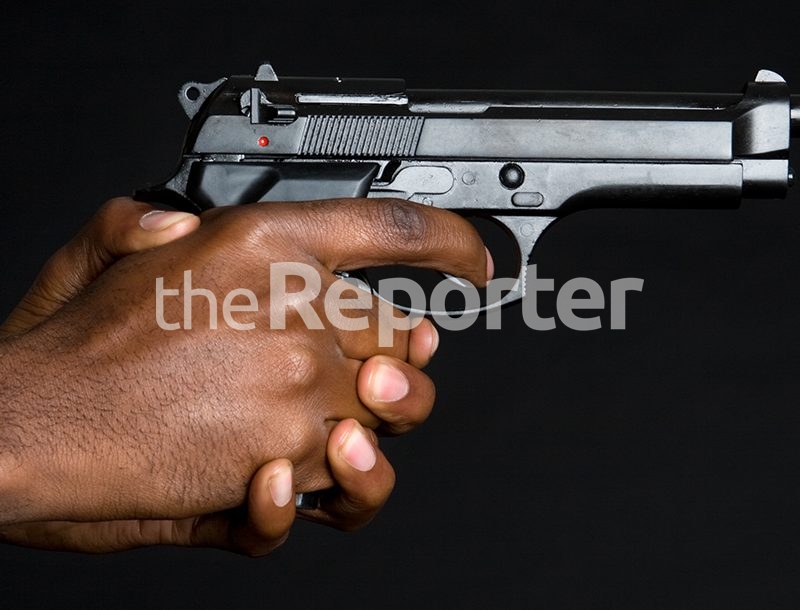By Neo Kolane
A heightened scale of contact tracing began on January 15, to out find people who came in contact with those who might have died of Covid-19 and never tested.
Contact tracing involves interviewing patients to collect information on all the people they have had sustained contact with and all the places they have been. It is laborious and error-prone because it is dependent on memory, interviews and detective work.
It is a little like detective work: trained staff interview people who have been diagnosed with a contagious disease to figure out who they may have recently been in contact with. Then, they go tell those people they may have been exposed, sometimes encouraging them to quarantine themselves to prevent spreading the disease any further.
The National Covid-19 Secretariat (NACOSEC) risk communication manager, Baroane Phenethi says the exercise began in Mafeteng, Berea, Maseru and Leribe, the districts with the highest incidents of the disease. The contact tracing is done at no cost to members of the public.
“Contact tracing is done to identify people who got infected with the virus from physical interaction with those already infected. It has always been there but not at this magnitude. We are doing it because of the rate at which people are dying.
“We want to break that chain of infection; if a person has contact with someone who tested positive, we want to shut down their movement completely,” he added.









